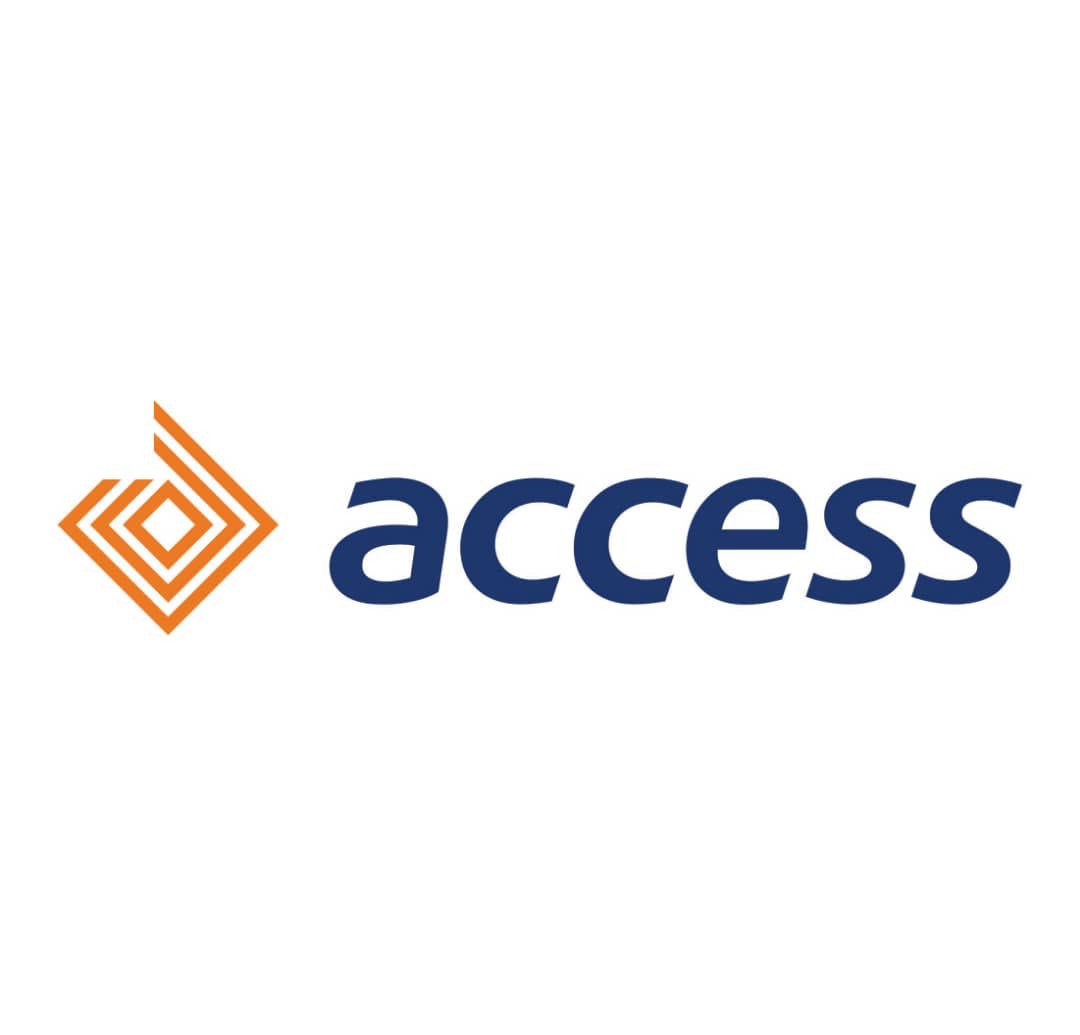Access Bank initiated meetings with potential investors on Monday for a possible issue of a five to 25 year subordinated bond – an additional Tier 1 Capital, the bank has said.
It said on Tuesday that it will strengthen its core capital adequacy ratio, which was 16.89 per cent as of June 2021, 189 basis points (bps) above the Central Bank of Nigeria’s regulatory requirement of 15% for international banks, with a capital ratio of 17.50%.
- PODCAST: Is It Possible To Build Walls Along Nigerian Borders?
- Nigeria set to implement $750m W/Bank COVID-19 intervention
Access said it appointed Citi, JP Morgan, Renaissance Capital and Mashreqbank as Joint Bookrunner and Chapel Hill Denham and Coronation Bank as Financial Advisers and Joint Bookrunners.
Should Access find strong appetite and favourable price indications, it may proceed to run the books and tap another Eurobond under its medium-term programme, from which it issued $500 million in September
Access said in the statement it submitted to the Nigerian Exchange Limited that the Offer is a Basel III-based perpetual non-call 5- 25-year additional Tier 1 bond. This offer is under Access Bank’s Global Medium-Term Note programme.
Some analysts note that this further proves the resistance of local corporates to issue equity in Nigeria on concerns of currently depressed valuation, as most banks trade at discount to their book values, an undervaluation that discourages seasoned equity raising at such valuation level.
“After Nigerian Sovereign tapped $4bn from the market, there has been a bit of volatility, with yields rising some 20bps over the past week, a roller-coaster which has seen the 10-year U.S. treasury rise to 1.56% and the 30-year has broken the 2% ceiling, the highest rate since June this year, as investors review positions on renewed Fed’s position on tapering the USD120bn monthly bond purchase and probable additional measures to tame brewing inflationary pressures,” Abiola Rasaq, a financial analyst told Daily Trust.
Rasaq noted that while China has taken a different approach of devaluing its currency, to tame inflationary pressures and avoid brewing producer price inflation, as input and other factory costs show signs of an uptrend, other major markets like U.K, Germany and other G7 countries may have to reluctantly shift policy towards a modest tightening to wade off what seems a global inflationary pressure, driven mostly by supply constraints.
“Thus, the global interest rate environment is likely to see some volatility, with the risk tilting to the upside,” he said.

 Join Daily Trust WhatsApp Community For Quick Access To News and Happenings Around You.
Join Daily Trust WhatsApp Community For Quick Access To News and Happenings Around You.

